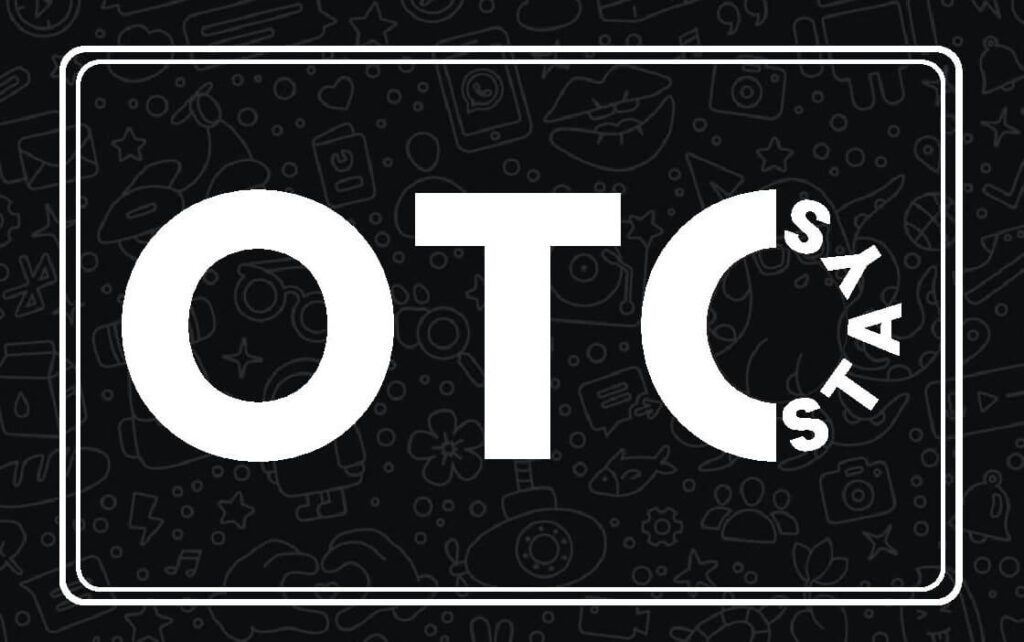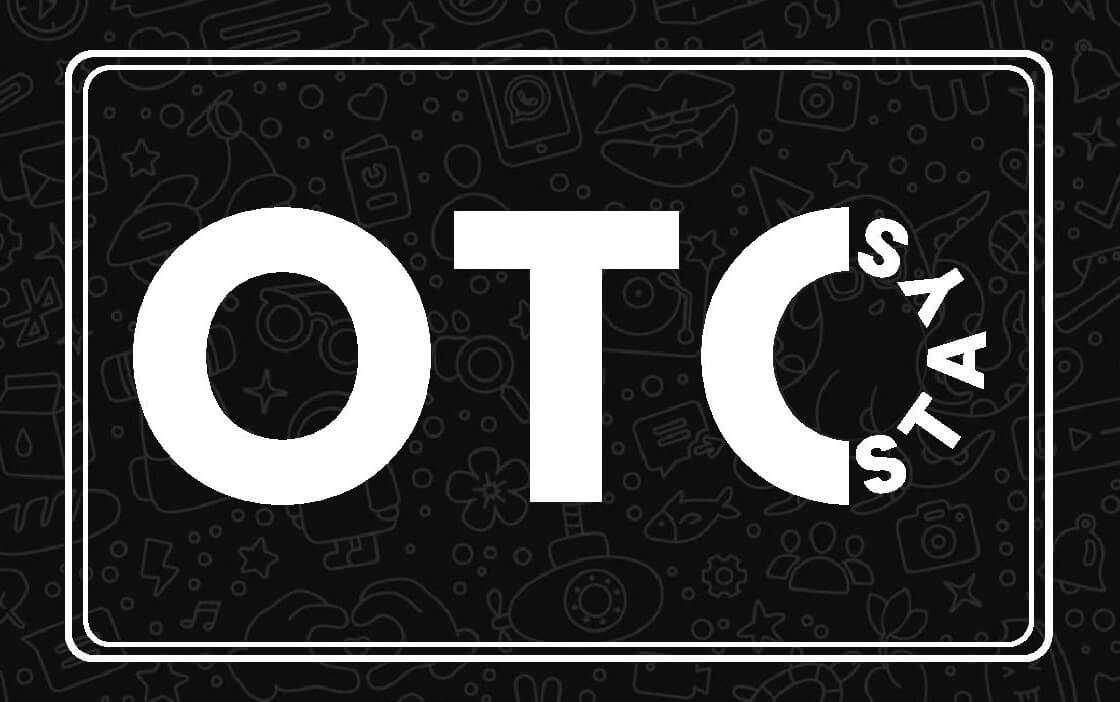
2 Problems Everyone Has With Music Royalty Services
Within the intricate world of the music industry, artists and creators rely on various revenue streams to sustain their livelihoods. A pivotal aspect of this income is generated through music royalties. Music royalty services play a critical role in ensuring that artists receive fair compensation for their creative efforts. This article aims go directly to Anibookmark shed light on the significance of music royalty services, the kinds of royalties they manage, as well as the evolving landscape of compensation for artists.
The importance of Music Royalties: Music royalties are payments made to the creators and rights holders of music for the use of their intellectual property. This compensation is necessary when music is played on the radio, TV, streaming platforms, in live performances, or when employed in commercials, movies, and other media. For artists, royalties serve as a vital revenue stream, letting them continue creating music and sustaining their careers.
Types of Music Royalties: Performance Royalties: These royalties are earned any time a song is performed in public, whether live or through mediums like radio, television, or streaming platforms. Performing Rights Organizations (PROs) like ASCAP, BMI, and SESAC are instrumental in collecting and distributing performance royalties to songwriters and publishers.
Mechanical Royalties: Generated from the reproduction and distribution of physical and digital copies of music, including CDs, vinyl records, and digital downloads. Mechanical royalties are generally collected and distributed by entities like the Harry Fox Agency inside america.
Synchronization Royalties: Accrued whenever a song is used in synchronization with visual media, such as movies, TV shows, commercials, and online games. This type of royalty requires negotiation between the music rights holders and the producers of the visual content.
Print Music Royalties: Relevant to composers and songwriters, these royalties are earned when sheet music is reproduced and sold. Organizations like the Music Publishers’ Association handle the administration of print music royalties.
The Role of Music Royalty Services: To simplify the complex process of tracking and distributing royalties, specialized services have emerged. These platforms act as intermediaries between artists and the various entities that use their music. PROs will be very important in collecting performance royalties and ensuring that songwriters and publishers receive fair compensation. Digital distribution platforms for example CD Baby, TuneCore, and DistroKid assist artists in collecting mechanical royalties from digital sales and streaming.
As technology continues to reshape the music industry, the landscape of music royalty services can also be evolving. Blockchain technology, above all, holds the promise of transparent and efficient royalty distribution. Smart contracts can automate royalty payments, ensuring that artists receive their own way promptly. This innovation addresses longstanding issues of transparency and delays in royalty processing, providing a far more equitable system for all stakeholders involved.
Music royalty services will be the backbone of the music industry’s financial ecosystem, ensuring that artists are compensated for their creative contributions. The diverse kinds of royalties, managed by specialized services, cover a spectrum of uses and platforms, reflecting the multi-dimensional nature of the modern music landscape. As technology continues to advance, the music industry can look forward to more transparent, efficient, and equitable systems for the collection and distribution of royalties, ultimately benefiting artists and creators worldwide.
